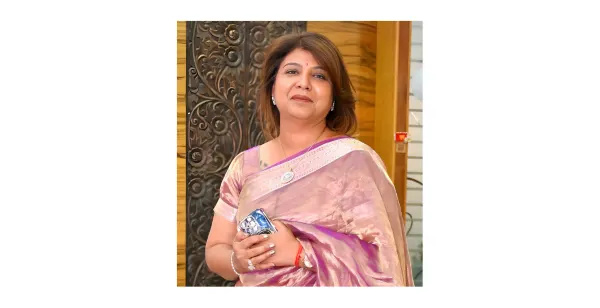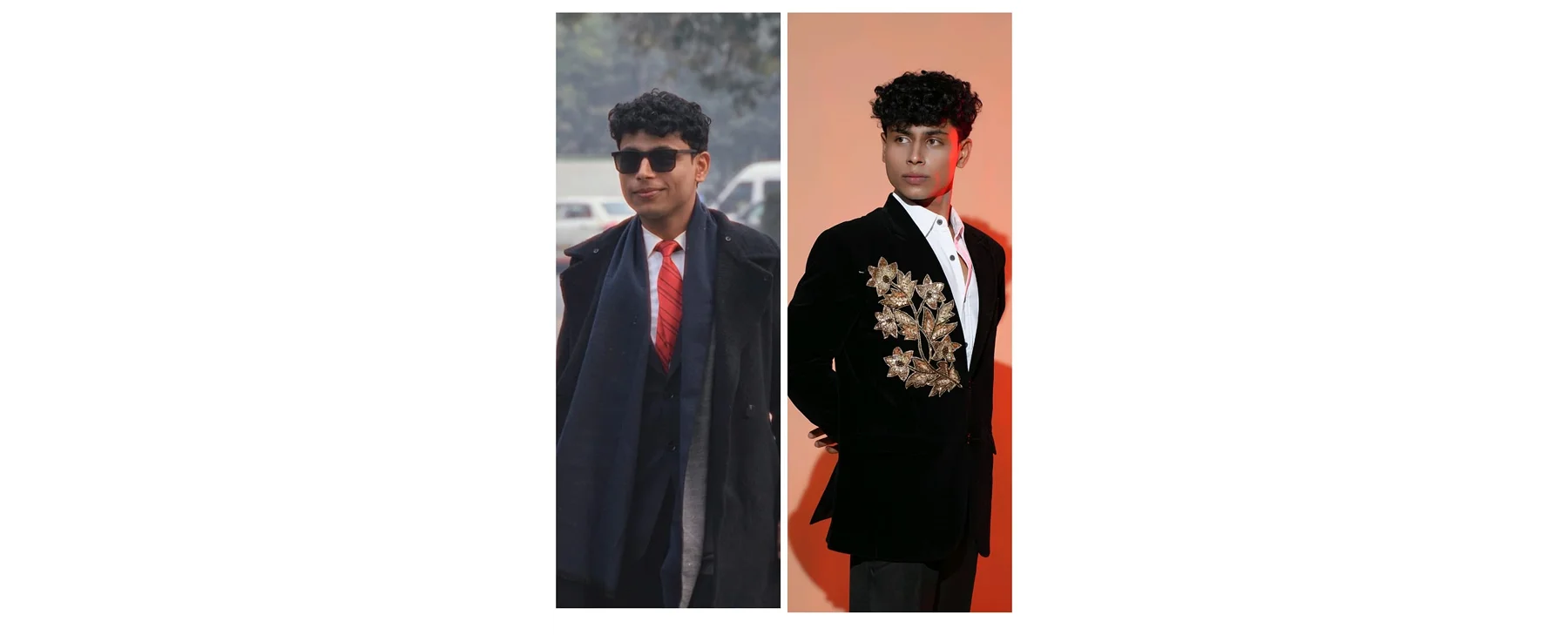By- Shubha Gupta, founder of NIRAA by SDG
“When we talk about women’s health, we often isolate periods to ‘those 5 days.’ But true wellness means understanding how menstruation impacts her mind, body, and productivity every single day of the month.”
For decades, menstruation has been viewed as an inconvenience—something to be managed quietly, discreetly, even shamefully. Pads have been sold as products of “hygiene” rather than gateways to dignity, health, and empowerment. But menstrual wellness is far more than a product category—it is a public health, workplace, and societal conversation that India can no longer afford to keep on the margins.
At NIRAA, our mission has always been to shift the narrative. We believe menstrual wellness should not be an afterthought; it should be mainstream health and wellness. Here’s why:
- Menstrual Wellness Is More Than Hygiene
When we speak about menstruation, the conversation often gets reduced to sanitary pads, tampons, or cups. But what about the cramps, fatigue, mood changes, or mental health struggles? What about the effect on school attendance, workplace productivity, or confidence in social settings?
True menstrual wellness is not just about managing bleeding—it’s about creating a holistic ecosystem of physical, emotional, and social support.

- The Economic and Social Cost of Ignoring Menstrual Health
Studies show that millions of girls drop out of school because of inadequate menstrual hygiene access. Women in workplaces silently suffer through pain or discomfort, often using sick leaves for something that should be normalized and supported. The silent cost of poor menstrual health is paid not only by women but also by families, communities, and the economy.
When women feel empowered during their cycles, they bring their best selves to education, work, and society.
- Breaking the Stigma: Conversations That Matter
We can’t make menstrual wellness mainstream if conversations remain hushed. It begins with parents openly speaking to children, schools integrating menstrual health education, and workplaces acknowledging that women’s needs don’t pause for periods.
Educating boys and men is equally important. After all, menstruation isn’t just a “women’s issue”—it’s a family, societal, and human issue.
- Towards Sustainable & Inclusive Periods
As we mainstream menstrual wellness, we must also think of sustainability and inclusivity. Millions of pads end up in landfills each year, harming our environment. At NIRAA, we focus on solutions that balance comfort, affordability, and eco-consciousness.
Equally, menstrual products must be accessible not just to urban women but also to those in rural and underserved areas. Period dignity should not depend on geography or income.
The Road Ahead: Making Wellness the Norm
Mainstreaming menstrual wellness requires a collective shift:
- Policymakers must see menstrual health as central to reproductive health agendas.
- Corporates must embed menstrual wellness into workplace wellness programs.
- Communities must normalize conversations around periods without shame or stigma.
At NIRAA, we envision a world where a woman’s confidence is never compromised by her cycle. Where her education continues uninterrupted. Where her workplace supports her wellness. Where her dignity is always prioritized.

Closing Thought
Periods are not five days of inconvenience—they are part of a lifelong cycle of womanhood. By making menstrual wellness mainstream, we aren’t just addressing a biological need—we are honoring women’s rights, dignity, and potential.
That is the movement NIRAA stands for. And that is the change we invite society to be part of.



